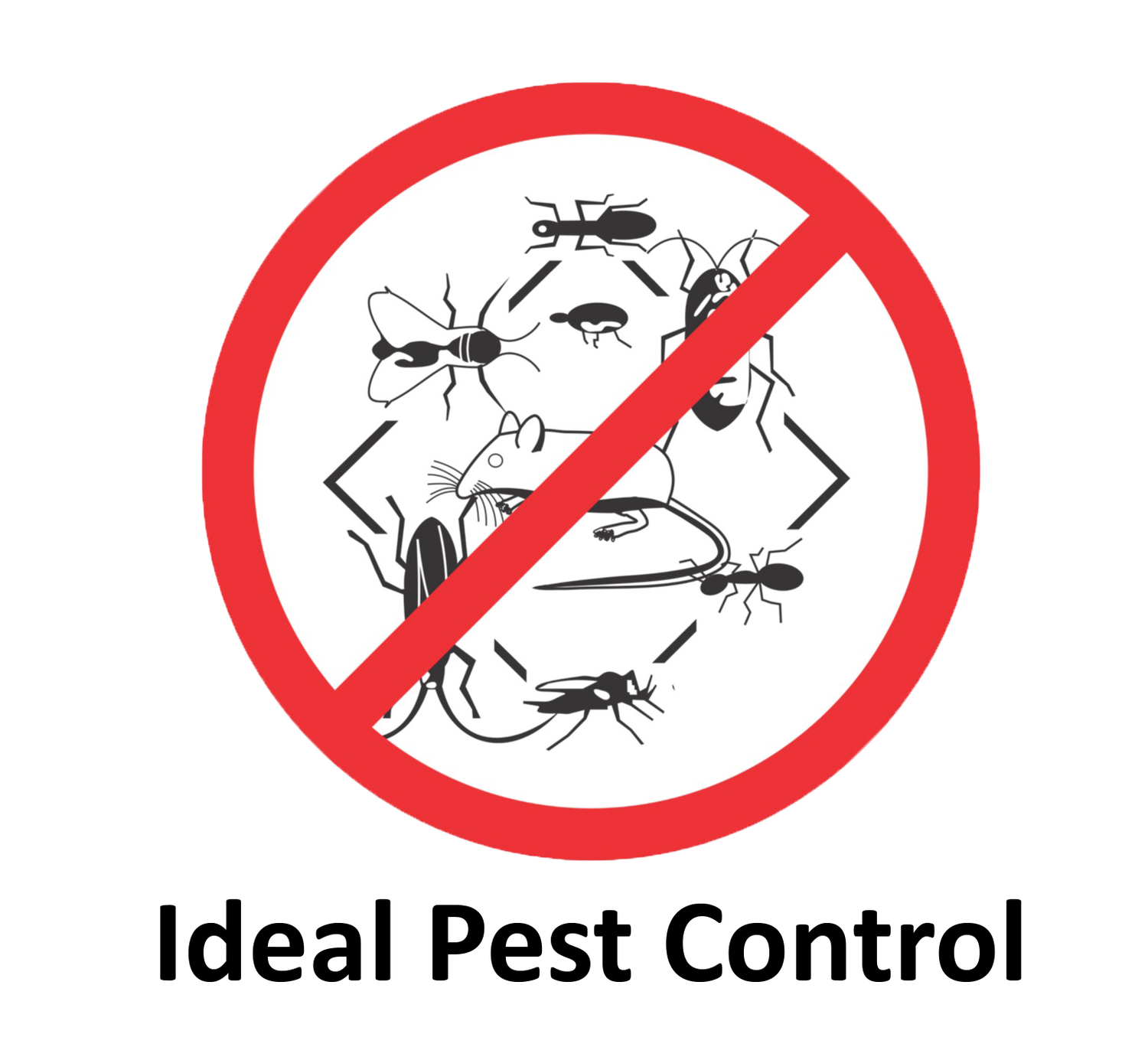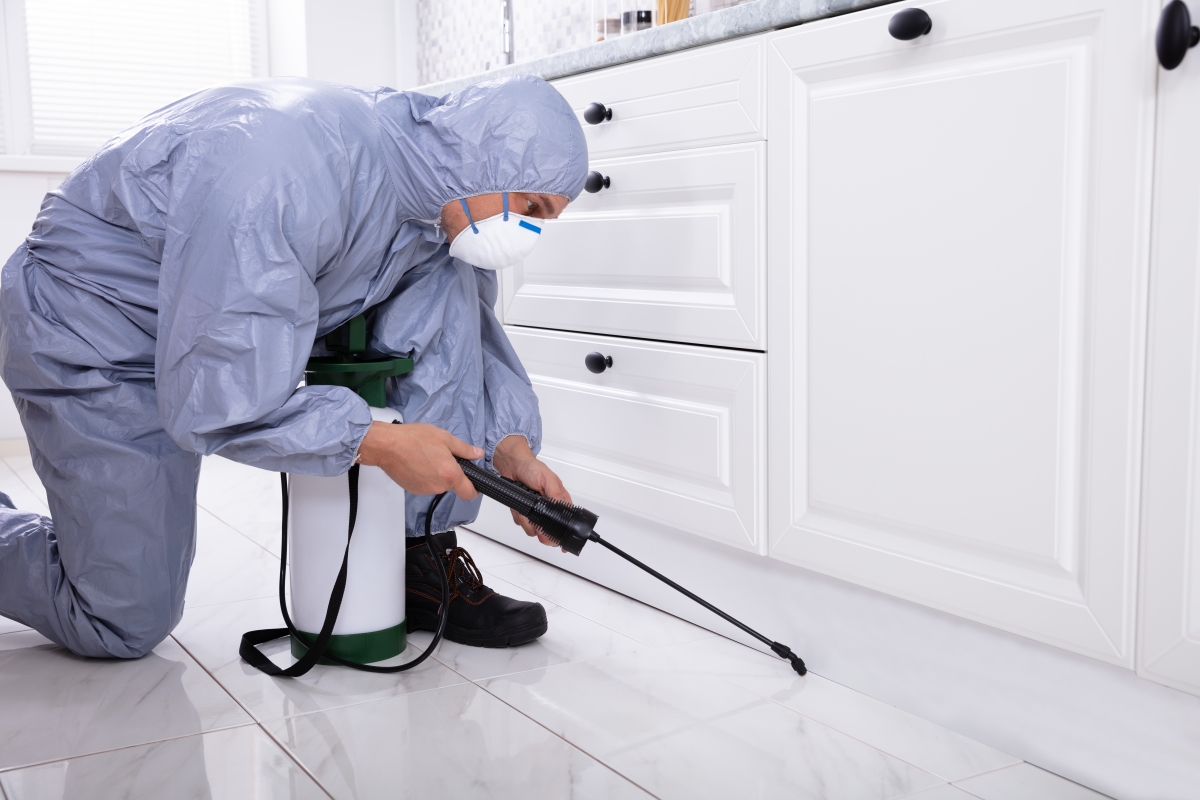Safe and Reliable Bug Control for Lasting Security
Reliable insect management needs a multifaceted strategy that balances environmental stability with the requirement for efficient pest reductions. The nuances of these methods might not be promptly clear, motivating a closer examination of the practices that can lead to sustainable bug control results.
Recognizing Pest Control Techniques
Parasite control includes a variety of approaches intended at managing and removing unwanted pests and rats that can endanger both wellness and residential or commercial property. Understanding these techniques is vital for effective bug administration.
The key classifications of insect control methods include mechanical, biological, and chemical strategies. Mechanical approaches involve physical barriers and traps to prevent pest access and capture undesirable types. Using displays on windows or using sticky catches can considerably reduce insect populations without introducing damaging materials - exterminator coquitlam.

Chemical bug control is commonly the most identified method, utilizing chemicals to remove pests. These chemicals can be effective yet need to be used with care to avoid negative effects on non-target species and the environment.
Benefits of Eco-Friendly Solutions
Just how can environmentally friendly remedies transform bug control practices? The fostering of eco-friendly insect control techniques offers various benefits, significantly enhancing the effectiveness and security of parasite administration (exterminator coquitlam). These options make use of all-natural active ingredients, minimizing the reliance on unsafe chemicals that can posture risks to human health and wellness and the atmosphere. This change not only shields pet dogs and households yet also decreases the capacity for dirt and water contamination.

Another advantage is the positive effect on neighborhood biodiversity. Green remedies are designed to target particular parasites while maintaining beneficial bugs and wildlife, promoting a balanced environment. This technique aligns with the growing consumer demand for lasting methods, boosting the reputation of parasite control suppliers.
Integrated Pest Monitoring Techniques
The application of eco-friendly options normally brings about the adoption of Integrated Bug Monitoring (IPM) methods, which better boost insect control efficiency. IPM is an all natural strategy that combines multiple methods to take care of bug populaces while reducing environmental effect. This strategy emphasizes making use of organic, social, mechanical, and chemical controls, making certain a well balanced and lasting approach of pest monitoring.
One fundamental facet of IPM is the extensive assessment of bug activity and environmental problems. By keeping track of pest populations and identifying their life process, specialists can implement targeted treatments that interfere with the insect's environment or lifecycle, reducing reliance on chemical pesticides. In addition, cultural methods such as crop turning and habitat adjustment can considerably diminish pest facility and reproduction.
One more vital component is using biological control agents, such as valuable pests or microorganisms, which can naturally subdue bug populaces. When chemical applications are needed, IPM focuses on making use of low-risk chemicals and uses them selectively, minimizing direct exposure to non-target organisms and human beings.
Including IPM approaches not just boosts parasite control performance but likewise advertises a more secure community, straightening with the growing demand for sustainable methods in insect monitoring.
Safe Practices for Homeowners
Understanding the value of risk-free practices in bug control can empower homeowners to successfully take care of insect problems while safeguarding their health and wellness and the environment. Implementing preventative procedures and non-toxic methods is vital in reducing exposure to dangerous chemicals.
Home owners ought to first analyze their setting for problems that bring in insects, such as standing clutter, food, and water waste. Consistently cleansing and securing entrance factors can deter pests from getting into the home. Making use of all-natural deterrents, such as essential oils or diatomaceous earth, can offer efficient choices to chemical pesticides.
When chemical treatments are required, home owners ought to choose for items that are specifically identified as risk-free for household use. It is important to follow application guidelines thoroughly to prevent overexposure. Utilizing targeted therapies in areas where pests are determined, instead than covering spraying, can significantly decrease chemical usage.
Lastly, keeping open interaction with pest control professionals is important. Home owners must ask about Resources the security of products used and demand eco-friendly choices whenever possible. By adopting these secure methods, home owners can produce a healthier living environment while effectively handling bug issues.

Tips for Long-Term Security
Establishing an insect management technique that stresses long-lasting defense can significantly improve the efficiency of the safe techniques previously reviewed. To achieve this, homeowners should apply regular assessments of their home, focusing on hidden locations such as attics, basements, and crawl spaces. Early detection of bug task is crucial in stopping invasions from taking hold.
These techniques decrease attractants that attract parasites right into the home. Sealing access points, such as cracks around doors and windows, can effectively obstruct possible pest accessibility.
Landscape design ought to likewise be considered; maintaining plants trimmed and keeping a distance between plants and the home lessens concealing places for parasites. Using all-natural deterrents, such as essential oils or diatomaceous earth, can additionally dissuade infestations without turning to extreme chemicals.
Finally, teaming up with a specialist parasite control solution for periodic analyses can give an extra layer of security. These experts can provide customized recommendations and progressed therapies, ensuring that your home continues to be secured against parasites in the long term.
Verdict
Finally, secure and reliable pest control calls for a complex strategy that highlights environment-friendly techniques and integrated bug monitoring. By executing natural deterrents, carrying out normal assessments, and maintaining appropriate cleanliness, property owners can dramatically lower bug populations while securing valuable pests and the setting. Cooperation with expert parasite control solutions enhances the performance of these strategies, guaranteeing pest control software customized services that offer long-term security and assurance against future invasions.
Effective pest administration requires a complex method that balances eco-friendly integrity with the demand for effective parasite reductions. The adoption of environmentally friendly insect control methods offers many best termite treatment company advantages, dramatically enhancing the efficiency and safety of insect administration.The implementation of environmentally friendly options naturally leads to the fostering of Integrated Parasite Administration (IPM) techniques, which better enhance bug control efficiency. exterminator coquitlam. By checking pest populations and recognizing their life cycles, practitioners can execute targeted treatments that interrupt the insect's habitat or lifecycle, lowering dependence on chemical pesticides.In final thought, trustworthy and safe parasite control requires a complex technique that highlights environmentally friendly approaches and incorporated pest management